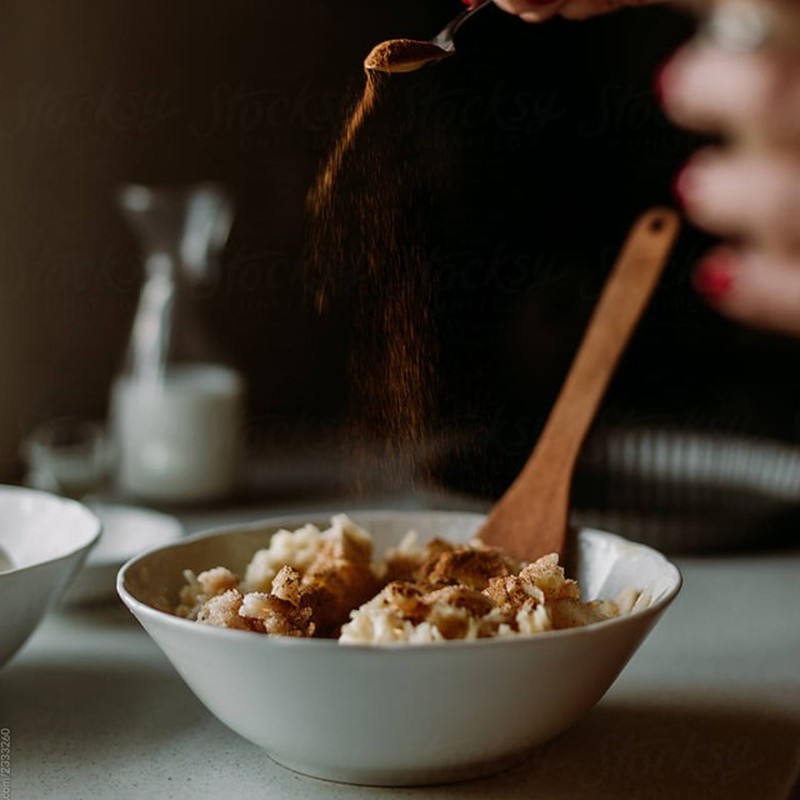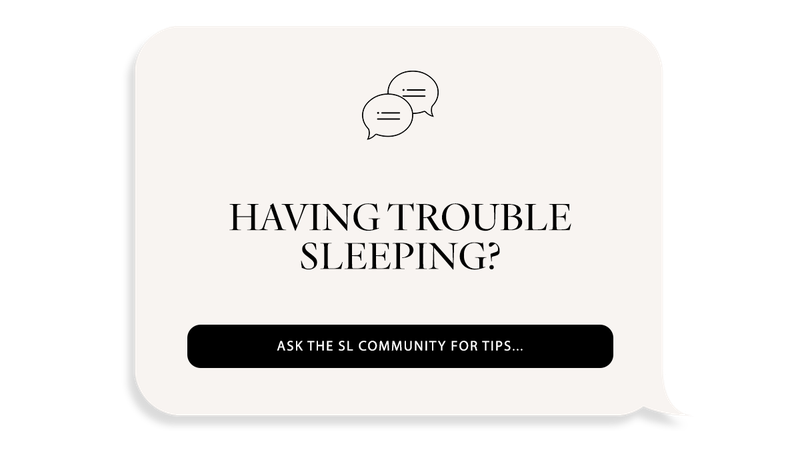How To Eat Your Way To A Better Night’s Sleep
Start With Breakfast
Blood sugar management throughout the day is crucial for decent sleep, says nutritional therapist Lucy Miller. “Eating well balanced meals throughout the day supports your body’s pathways and regulates hormones, which has a knock-on effect on sleep patterns,” she tells SL. “Plus, what you eat for breakfast dictates your blood sugar response for the rest of the day, so choose your first meal wisely. In an ideal world, eat a savoury breakfast, or one that contains plenty of good fats, fibre and protein. Studies show eating breakfast helps produce melatonin later in the day.” Breakfast or otherwise, Lucy recommends steering clear of sugar and refined carbohydrates. “All sugar, whether it’s from dried fruits, honey, agave or table sugar, is the same, and be careful with artificial sweeteners too, as some can still spike insulin levels. If you are struggling with your sleep, eliminate or reduce sugary foods and refined carbs like bread, pasta, crackers and cereals.”
Have Your Last Coffee At 10am
Most insomniacs will stay away from coffee and other caffeinated drinks (including green tea and matcha) in the evening, but if you are particularly sensitive, your caffeine curfew may need to start earlier. “Caffeine is an obvious one to cut back on if you struggle to fall and stay asleep,” adds nutritional therapist Amelia Freer. “For some people, even a single morning coffee could influence sleep quality. For my clients with sleep problems, I suggest zero caffeine after 10am. The same goes for alcohol – it may help you drift off, but it is significantly detrimental to sleep quality in the latter part of the night, making it one to cut back on if sleep is elusive. Cutting back on caffeine and alcohol may be obvious, but time and again I have worked with clients who struggle with sleep and aren’t being mindful of these two things consistently.”
Eat Dinner Three Hours Before Bed
Leaving adequate time between eating and going to bed ensures you’re giving your body a chance to digest your meal properly. “This will ensure food is properly digested and mean you avoid symptoms of reflux or indigestion,” says Lucy. She adds that eating too close to bedtime can throw your circadian rhythm off balance, which in turn can affect the quality of your sleep. However, there’s no hard and fast rule. “It’s important to listen to your body and how you feel, regardless of the timings,” suggests Amelia. “Some people are fine going to sleep on a full stomach, but the majority of us need a good three to four hours between their evening meal and getting into bed to optimise sleep.” At the same time, try not to go to bed hungry. If you fancy a snack before bed, Amelia recommends one rich in magnesium, a natural muscle relaxant – try oatcakes with almond butter, avocado on brown toast or a small portion of chia seed pudding.
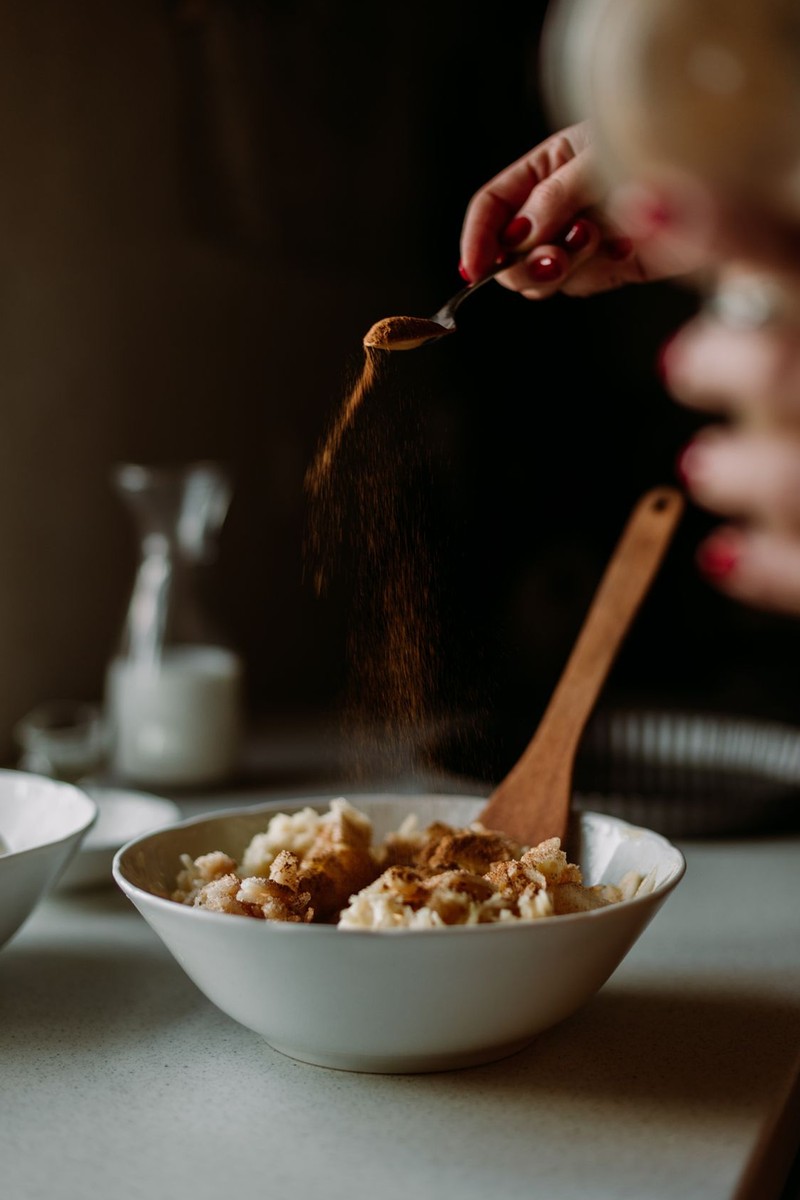
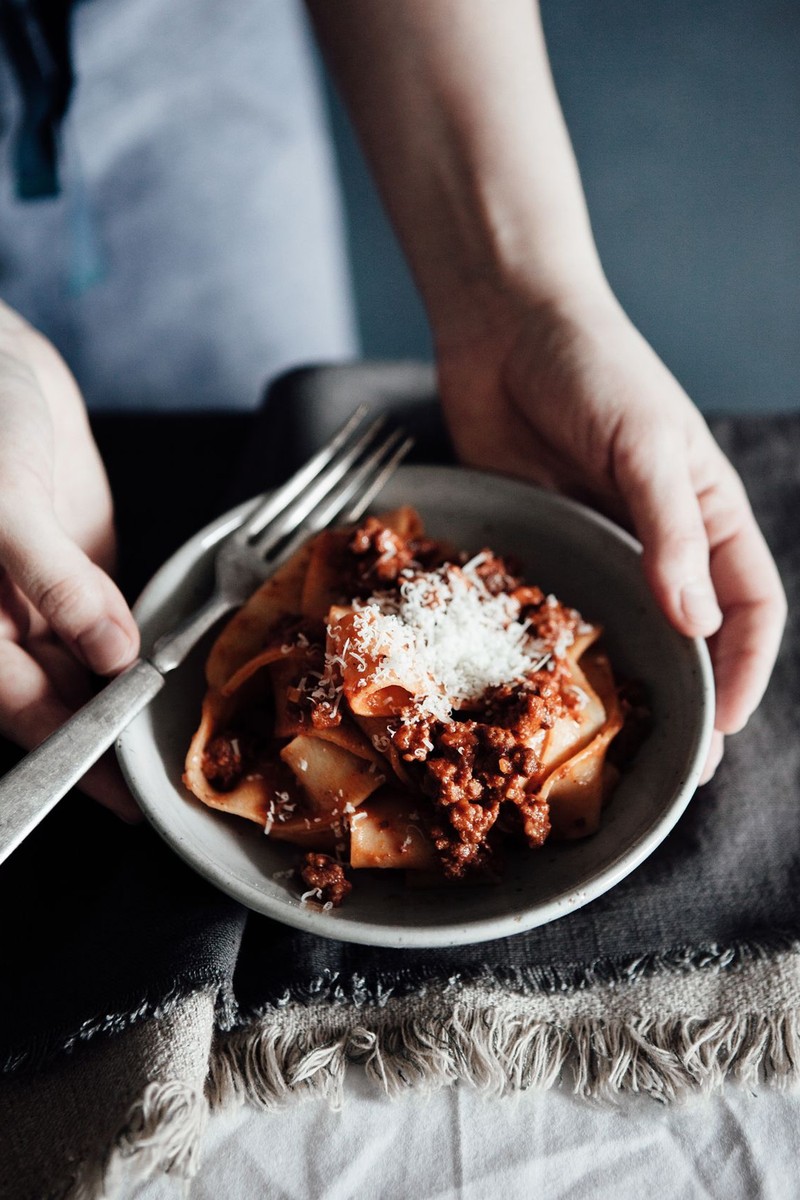
Choose Sleep-Inducing Foods
Studies have shown people feel sleepier after eating carbohydrate-rich foods such as pasta or rice, as these foods increase levels of serotonin – our feel-good hormone – in the brain. If sleep is elusive, swap meat-heavy recipes for dishes that contain complex carbohydrates such as sweet potatoes and brown rice, advises Lucy. “Protein is also essential to produce brain chemicals – the most important of which is melatonin, which signals to the brain it’s time to sleep. Turkey is particularly effective at inducing sleep as it’s rich in tryptophan, which kickstarts the production of melatonin. Oily fish also has its place as it has been shown to promote the production of serotonin. Just be sure to avoid anything that could cause bloating – like beans and legumes – as well as acidic food like onions, tomato and garlic, which can cause acid reflux. High fat foods and spicy food, meanwhile, are harder to digest and should be avoided if you struggle to fall asleep.”
Have A Milky Drink
There’s a grain of truth in the idea that a warm milky drink before bed can aid sleep. It’s believed the natural sugars in milk may release serotonin in the same way as a carb-rich meal. “Milk also contains tryptophan, an amino acid that’s a precursor to our sleep hormone melatonin,” continues Lucy. “Almond and oat milk act in the same way – both work well when simmered with turmeric, cinnamon, fresh ginger and honey.”
Don’t Rely On Supplements
For those who struggle to fall asleep and want additional support, supplements can be beneficial, especially during times of stress, but they shouldn’t be seen as a magic bullet. “If you go to bed wired or stressed with unstable blood sugar due to diet or alcohol, a supplement won’t do much,” says Lucy. “However, if your sleep hygiene is on point and you have a good evening routine, the right supplement can provide beneficial results when you need extra support. Cytoplan’s Cyto-Night is my top pick – it contains glycine, an amino acid that aids sleep, Montmorency cherry, which is a natural source of melatonin, magnesium to support the nervous system, and hops, which have a sedative effect. I also rate Higher Nature Serotone 5-HTP and Nutri Advanced Sleep Well capsules, although you’ll need to take a supplement consistently – ideally for a month – to feel the benefits, as opposed to a one-off.”
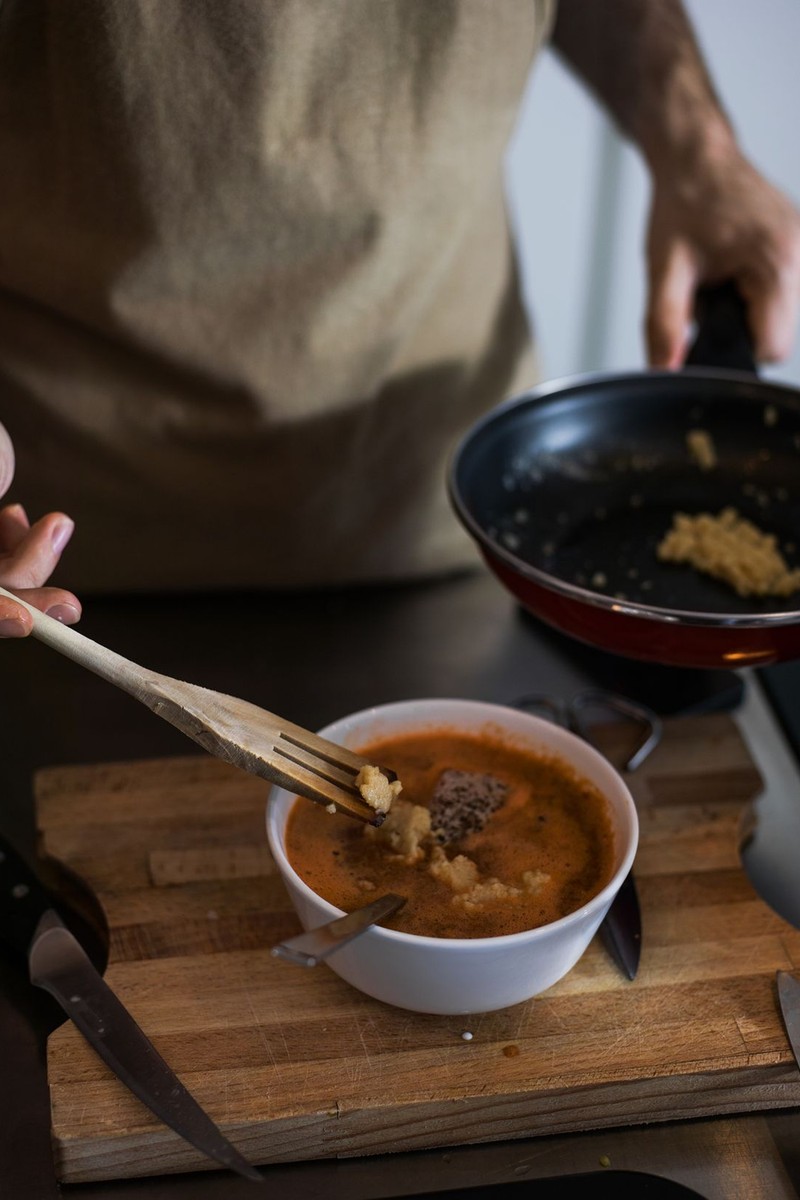
Tweak What You Eat After A Bad Night
A good night’s sleep acts as our body’s internal reset button, says Lucy. A bad night’s sleep, however, affects the body’s ability to detox and clear out damaged cells. “A poor night of sleep also causes our stress hormones to soar, increases our hunger hormone and reduces our satiety hormone, leading to cravings for fatty and sugary foods,” Lucy tells us. “A poor night’s sleep also raises insulin levels. In fact, when you are sleep deprived, your blood sugar will spike more when consuming the same foods than if you had had a good night’s sleep.” If you had a bad night, Lucy recommends including a source of protein at every meal and being careful with snacks. “It can be tempting to reach for sugary treats when tired, but this will only set your blood sugar into a spin and potentially affect your sleep that night, too. If you want something sweet, have a piece of fruit, ideally sticking to berries or an apple, both of which are rich in fibre. Avoid tropical fruits like mangoes and bananas.”
Strike A Balance
“It’s nothing ground-breaking but sleep as a process relies on a wide variety of nutrients, eaten consistently, to function optimally,” says Amelia. “It’s all about finding a consistent nutritional balance that benefits whole body health, which in turn will benefit sleep.” She recommends stepping back and looking at your lifestyle as a whole: “Sleep is a complex process that’s highly influenced by many aspects of our life and health. Are you feeling stressed? Are you regularly active? Does your diet have a good balance of essential nutrients? Are there health symptoms that are affecting your sleep? Does your bedroom set-up support a restful night? All these questions are important and will provide clues to help start creating a more holistic, sleep-supportive plan.”
For more information visit LucyMillerNutrition.com & AmeliaFreer.com.
SHOP THE EXPERT'S PICKS

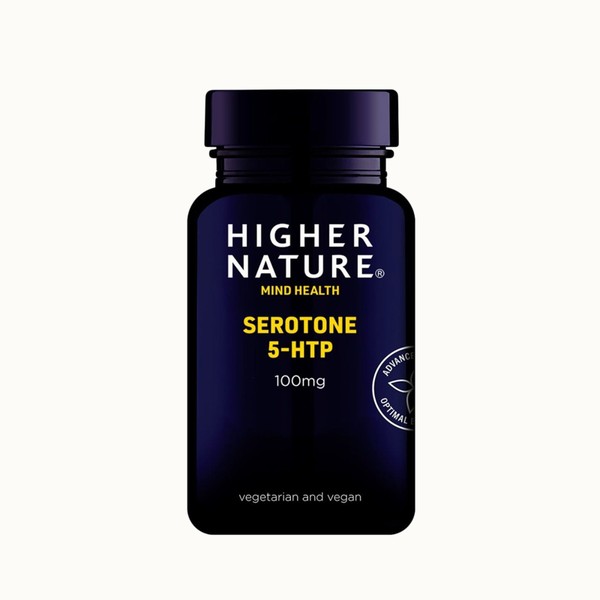
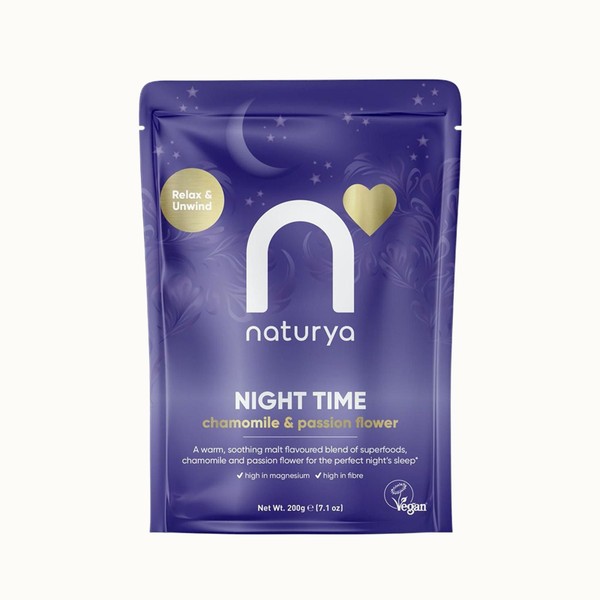
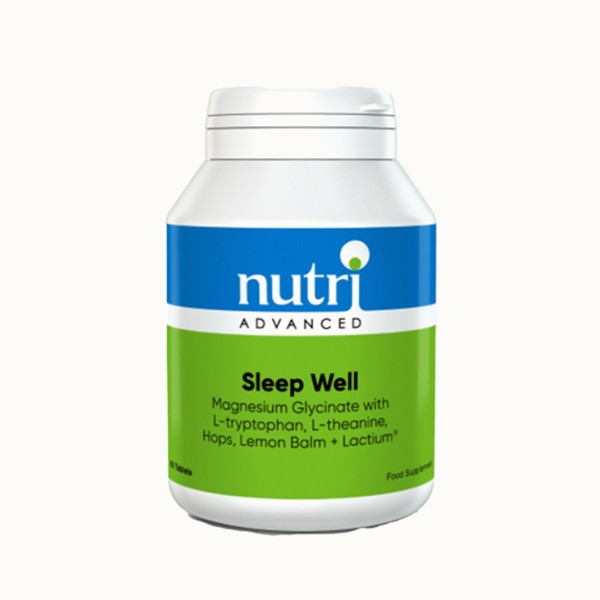
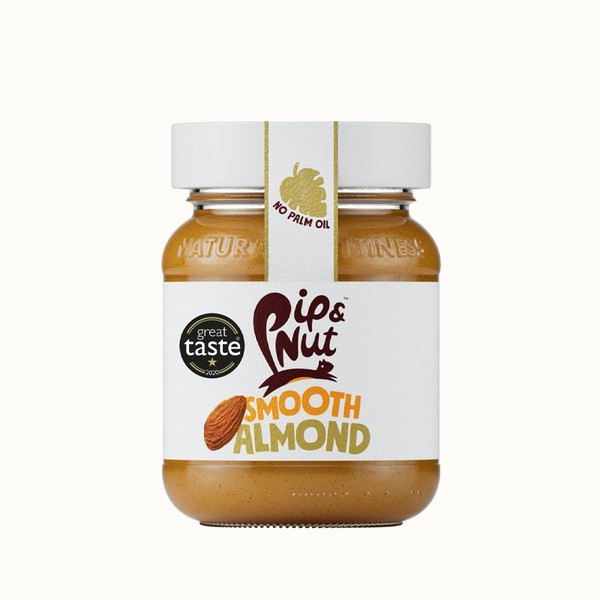
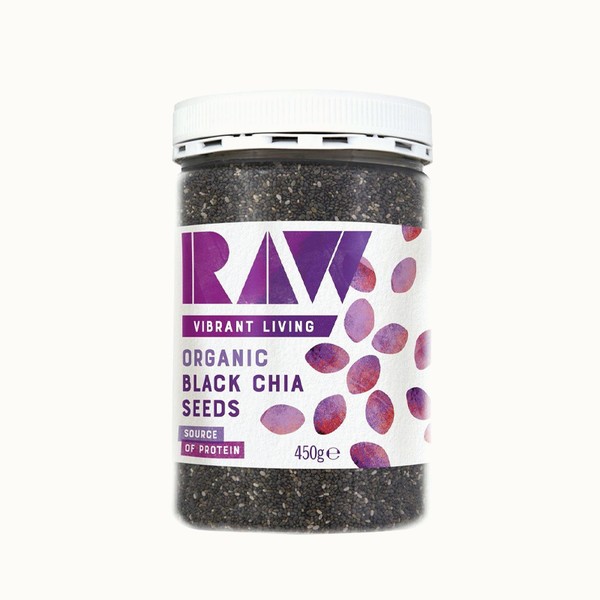

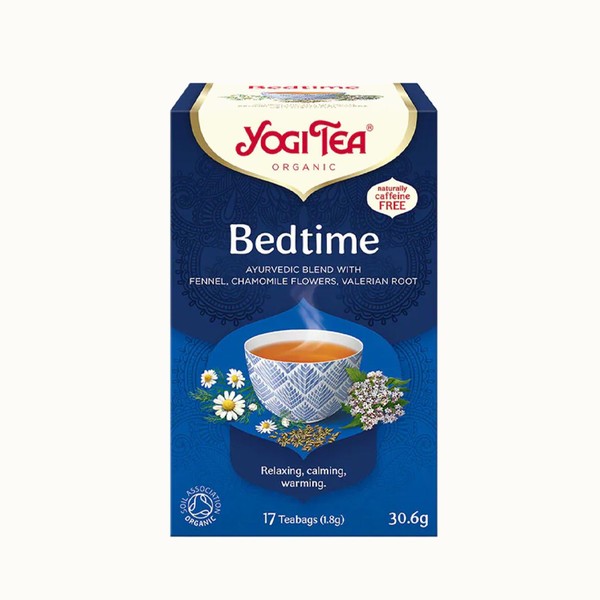
DISCLAIMER: Features published by SheerLuxe are not intended to treat, diagnose, cure or prevent any disease. Always seek the advice of your GP or another qualified healthcare provider for any questions you have regarding a medical condition, and before undertaking any diet, exercise or other health-related programme.
DISCLAIMER: We endeavour to always credit the correct original source of every image we use. If you think a credit may be incorrect, please contact us at info@sheerluxe.com.
